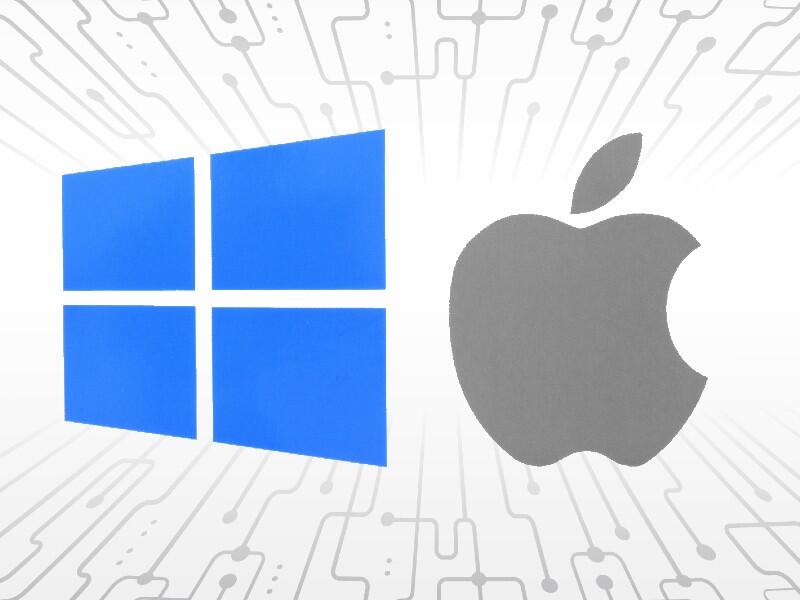The Evolution of Forex Trading Brokers: Then vs. Now

The forex market has changed dramatically over the years, and with it, the role of the Forex trading broker has evolved. Decades ago, forex trading was reserved for banks, large financial institutions, and wealthy investors. Today, technology and innovation have made it accessible to anyone with an internet connection. But how did brokers transform from exclusive financial intermediaries to online platforms catering to millions of traders? Understanding this evolution can help traders appreciate the advantages they now have and avoid the pitfalls of the past.
The Early Days: Limited Access and High Costs
In the early days of forex trading, only banks, corporations, and institutional investors could participate. Trading required large capital, and transactions were manually executed via phone calls or even fax orders. A Forex trading broker primarily served as a middleman between large players and the interbank market.
- Spreads were wide, making trading expensive.
- Execution was slow, often delayed by manual processing.
- Retail traders had virtually no access to the forex market.
The forex industry was highly centralized, and individual traders had little to no influence on price movements.
The Digital Revolution: Online Trading and Retail Brokers
The 1990s and early 2000s brought a seismic shift with the rise of the internet and electronic trading platforms. This was a turning point for the Forex trading broker, as it allowed for the introduction of online brokerage firms that catered to retail traders.
- Lower Costs: Spreads became tighter, and commission-free trading models emerged.
- Faster Execution: Orders could be placed instantly through electronic trading platforms.
- Leverage: Retail traders could now control larger positions with smaller capital.
This era saw the rise of MetaTrader 4 (MT4), a game-changing platform that gave retail traders access to charting tools, technical indicators, and automated trading systems. Forex trading was no longer an exclusive club—it was becoming mainstream.
The Modern Era: Algorithmic Trading and Regulation
Fast forward to today, and the role of a Forex trading broker has become even more sophisticated. Brokers now offer advanced tools, mobile trading, and AI-driven analytics. Here’s what sets modern brokers apart from their predecessors:
- Ultra-Fast Execution: Thanks to fiber-optic networks and data centers, order execution happens in milliseconds.
- Tighter Spreads and Zero Commissions: Many brokers offer ultra-low spreads with zero trading commissions, making it cheaper for traders to enter and exit positions.
- Regulation and Transparency: Stricter financial regulations ensure brokers operate with transparency, reducing the risk of fraud.
- Social and Copy Trading: Traders can now follow and replicate successful traders' strategies with minimal effort.
With the rise of ECN (Electronic Communication Network) and STP (Straight Through Processing) brokers, traders now have access to deep liquidity, allowing them to trade with minimal slippage and better pricing.
What’s Next for Forex Trading Brokers?
The future of forex trading is likely to be shaped by AI, blockchain, and further automation. As technology continues to advance, a Forex trading broker will rely more on machine learning for risk management, personalized trading tools, and even predictive analytics. Additionally, the use of decentralized finance (DeFi) could revolutionize forex trading by reducing the need for intermediaries altogether.
For traders, the evolution of brokers means better opportunities, lower costs, and more control over their trading experience. However, it also means staying informed about industry changes and ensuring they choose brokers that continue to innovate and offer fair trading conditions.
From Exclusive to Accessible
The journey of the Forex trading broker from a restricted financial entity to an accessible online powerhouse is nothing short of remarkable. What was once reserved for institutions is now open to traders worldwide, offering more transparency, better execution, and improved trading tools. As the industry continues to evolve, traders should take advantage of these advancements while staying cautious of brokers that fail to keep up with modern standards.
What's Your Reaction?















